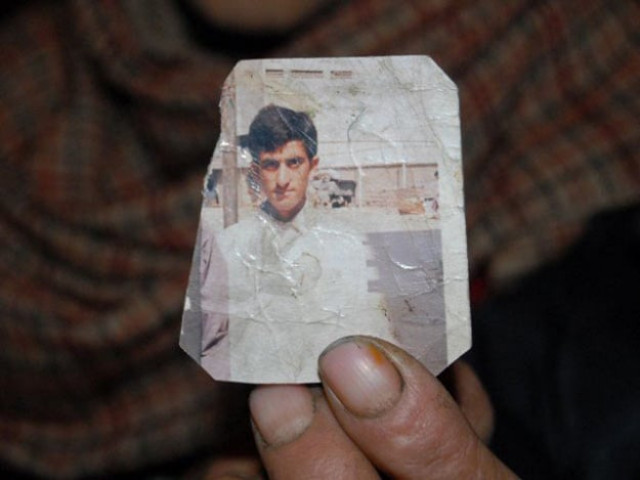A question of age
Execution should not proceed until matter regarding Hussain's age at the time of sentencing is conclusively determined

The Shafqat Hussain's case brings to light the often-poor record-keeping that can follow an individual for their entire lives. PHOTO: AFP
However, where any doubt remains in a matter such as this where a life is at stake, then it is unsafe to carry out an execution. There remains a possibility that Hussain was under 18 at the time of his sentencing and until that possibility is definitively and conclusively determined either way, the execution should not proceed. This case brings to light the often-poor record-keeping that can follow an individual for their entire lives. Records can be ‘adjusted’ — falsified — at almost every stage from birth through school years and on into adulthood. Matters have improved in recent years but many births in rural areas, for instance, still go unregistered. Prisoners are now being executed regularly, many of them having been condemned many years ago. There will be other cases where evidence and verdicts are disputed, and the imperfect and often corrupt judicial system and inefficient police forces render some convictions unsound. Whether this case is one of them remains to be finally determined.
Published in The Express Tribune, April 23rd, 2015.
Like Opinion & Editorial on Facebook, follow @ETOpEd on Twitter to receive all updates on all our daily pieces.














COMMENTS
Comments are moderated and generally will be posted if they are on-topic and not abusive.
For more information, please see our Comments FAQ